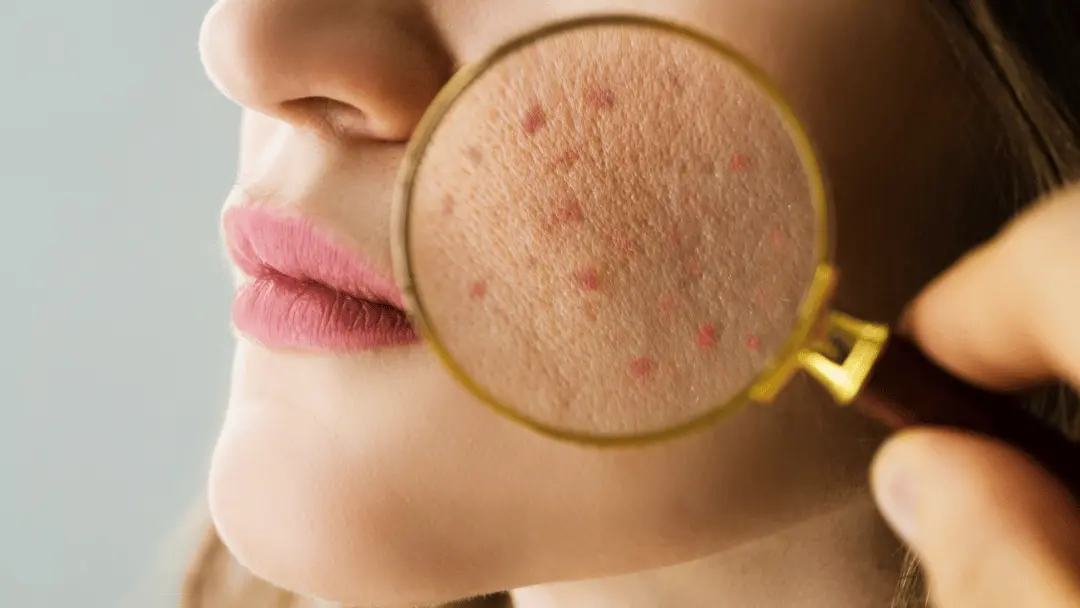Schedule a dermatologist specializing in mohs surgery for skin cancer treatment with high precision.
Schedule a dermatologist specializing in mohs surgery for skin cancer treatment with high precision.
Blog Article
Mohs Surgical Procedure Explained: A Key Treatment in Dermatology for Handling Skin Cancer Successfully
In the realm of dermatology, Mohs surgery stands as an essential treatment for combating skin cancer cells, particularly basal cell and squamous cell cancer. This complex medical approach, developed by Dr. hair loss. Frederic E. Mohs, prioritizes the precise excision of malignant skin layers, leaving healthy and balanced cells unblemished. What specifically makes Mohs surgical procedure so reliable and how does it contribute to positive person outcomes? As we delve much deeper right into the process, its benefits, and possible problems, the true value of this treatment becomes increasingly obvious.
Comprehending the Basics of Mohs Surgery
Although it could sound complicated, Mohs surgical treatment is a specific medical technique made use of primarily to deal with skin cancer cells. The primary aim of Mohs surgical procedure is to remove all cancer cells while saving as much healthy tissue as possible. Its accuracy and high success rate have actually made Mohs surgical procedure a cornerstone in dermatology, supplying hope to patients worldwide.

The Treatment: Step-by-Step Break Down of Mohs Surgical Procedure
While Mohs surgical treatment might seem complicated, comprehending the step-by-step treatment can assist debunk the procedure. The procedure begins with the surgeon removing a thin layer of visible cancerous skin. This layer is after that carefully analyzed under a microscopic lense for cancer cells. If cancer cells are discovered, the specialist removes an additional layer of skin and the procedure is duplicated. This cycle continues till say goodbye to cancer cells are found, ensuring the full elimination of cancer while protecting as much healthy skin as feasible. The wound is then shut using stitches, a skin graft, or it might be left to recover normally. Postoperative treatment is necessary to advertise healing and display for any kind of indicators of reoccurrence.
The Advantages of Mohs Surgical Treatment in Skin Cancer Treatment
An impressive number of clients have uncovered the distinct benefits of Mohs surgery in their Our site fight against skin cancer. The treatment is usually executed on an outpatient basis under local anesthetic, making it much less exhausting on the body than more intrusive surgical procedures. hair loss. Mohs surgical procedure provides a premium alternative for reliable skin cancer cells therapy.
Possible Dangers and Complications Connected With Mohs Surgery
In spite of its numerous advantages, Mohs surgical treatment is not without prospective threats and complications. Like all operations, it brings a risk of infection, bleeding, and an unfavorable response to anesthetic. In unusual cases, individuals might experience nerve damage, causing pins and needles or weak point in the location of surgical treatment. There's additionally the possibility of a reoccurrence or spread of skin cancer, particularly if all malignant cells were other not totally gotten rid of during the treatment. Scarring is another worry, as it can be noticeable depending on the size and place of the treated area. Lastly, the emotional influence of a skin cancer cells i was reading this medical diagnosis and subsequent surgical treatment ought to not be ignored, as it can lead to anxiousness and depression in some people.
Getting ready for and Recuperating From Mohs Surgical Treatment: What to Anticipate
To make sure the very best possible outcome from Mohs surgery, clients need to appropriately plan for the procedure and understand what to anticipate during recovery. Preparation usually entails a thorough discussion with the medical care company concerning the client's clinical background, present medicines, and prospective allergies. Some medicines could need to be quit before the surgical procedure to lessen bleeding. Postoperative care is critical for effective recuperation. Patients may experience mild discomfort, soreness, or swelling, which can be handled with suggested medications. They are encouraged to relax, prevent exhausting activities, and keep the medical site clean and completely dry. Routine follow-ups are essential to check recovery and spot any kind of issues early. The trick to recuperation is individuals' adherence to their doctor's guidelines.
Final thought

Report this page